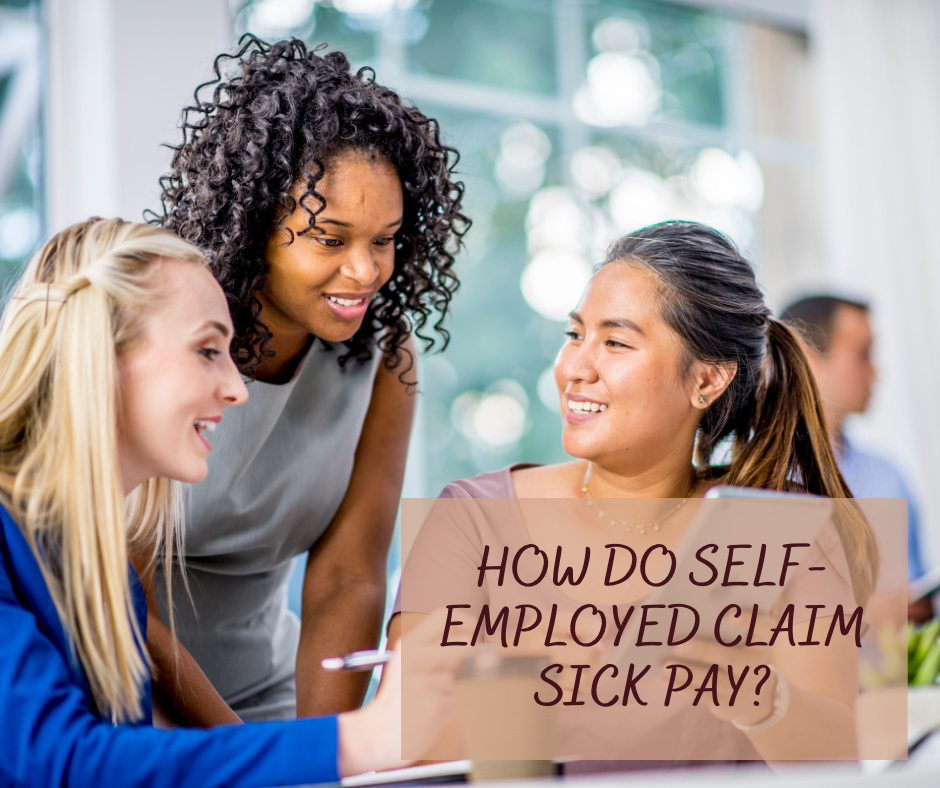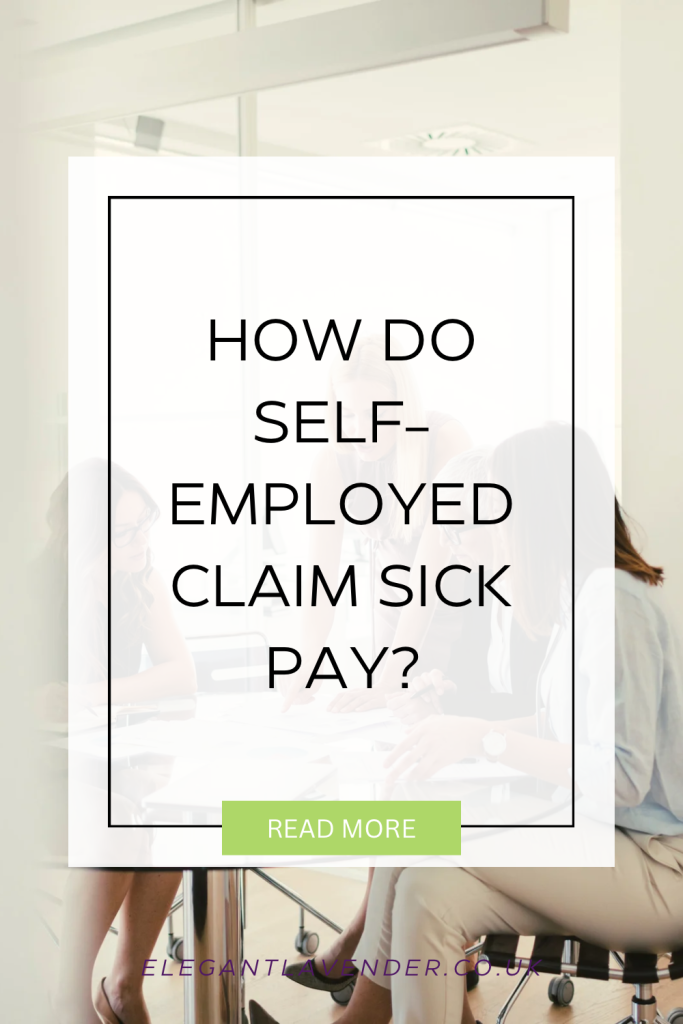
As a self-employed woman in the UK, you’re the boss of your own career. But what happens when illness strikes and you can’t work? Unlike employees, self-employed individuals don’t have the luxury of employer-provided sick pay. However, this doesn’t mean you’re left without options. Let’s explore how you can protect yourself financially when health issues arise.
How do self-employed claim sick pay?
1. Employment and Support Allowance (ESA)
One of the primary options for self-employed individuals is the Employment and Support Allowance (ESA). This government benefit is designed to support you financially if you’re unable to work due to illness or disability. To be eligible, you need to:
- Be under the State Pension age
- Have paid enough National Insurance contributions (usually in the last 2 to 3 years)
- Not be receiving Statutory Sick Pay, Statutory Maternity Pay, or Jobseeker’s Allowance
The application process involves filling out an ESA1 form and obtaining a fit note from your doctor. The initial assessment phase lasts 13 weeks, during which you’ll receive a basic rate. After this, if you’re deemed eligible to continue receiving ESA, you’ll be placed in one of two groups with different payment rates.
2. Universal Credit
If you’re on a low income or out of work, Universal Credit might be an option. It’s a monthly payment to help with living costs, and you may be eligible if you’re self-employed and your illness is affecting your ability to work and earn.
3. Private Income Protection Insurance
As a proactive measure, many self-employed women opt for private income protection insurance. This type of insurance can provide a regular income if you’re unable to work due to illness or injury. While it comes at a cost, it can offer peace of mind and financial stability during challenging times.
When choosing a policy, consider:
- The waiting period before payments start
- The percentage of your income that will be covered
- The duration of the coverage
- Any exclusions or limitations in the policy
4. Savings and Emergency Funds
Building a robust savings or emergency fund is crucial for self-employed individuals. Aim to set aside 3-6 months of living expenses. This financial cushion can help you weather periods of illness without the stress of immediate financial pressure.
5. Statutory Sick Pay (SSP) for Directors
If you’re a director of your own limited company and pay yourself a salary through PAYE, you might be eligible for Statutory Sick Pay. This is worth considering when structuring your business and pay.
6. Professional Associations and Unions
Some professional associations and unions offer sickness benefits to their members. If you belong to such an organization, inquire about any sick pay schemes they might offer.
Planning Ahead: Best Practices for Self-Employed Women
- Regular Health Check-ups: Preventive care can help you catch and address health issues early, potentially reducing time off work.
- Flexible Working Arrangements: Consider structuring your work in a way that allows for some flexibility during minor illnesses.
- Build a Support Network: Having colleagues or fellow self-employed friends who can cover some work or provide support during illness can be invaluable.
- Financial Planning: Work with a financial advisor to create a comprehensive plan that includes provisions for periods of illness.
- Stay Informed: Keep up-to-date with changes in government policies and benefits that might affect you as a self-employed individual.
Being self-employed offers incredible freedom and opportunities, but it also comes with unique challenges. By understanding your options for sick pay and planning ahead, you can protect your health and your business. Remember, taking care of yourself is not just good for you—it’s essential for the long-term success of your entrepreneurial journey.
While the path to claiming sick pay as a self-employed woman in the UK might not be as straightforward as for employees, there are various avenues to explore. By combining government support, private insurance, personal savings, and smart business practices, you can create a safety net that allows you to focus on your health when you need it most, without sacrificing your financial stability.
